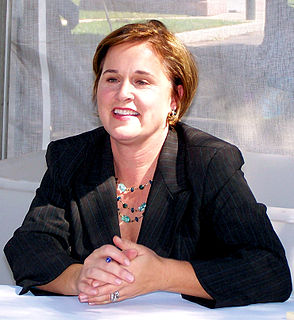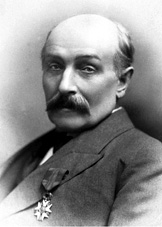A Quote by Thomas Frank
As you may recall, Truman was extremely unpopular when he finally left Washington in 1953, thanks largely to the Korean War. Today, however, he is thought to have been a solidly good president, a 'Near Great' even, in the terminology of those surveys of historians they do every now and then.
Related Quotes
Yes, Obama took over two wars from Bush - just as President Richard Nixon inherited Vietnam from President Lyndon Johnson and President Dwight Eisenhower inherited Korea from President Harry Truman. But at least the war in Iraq was all but won by 2009, thanks largely to the very surge Obama had opposed as a senator.
President Roosevelt and President Truman and President Eisenhower had the same experience, they all made the effort to get along with the Russians. But every time, finally it failed. And the reason it failed was because the Communists are determined to destroy us, and regardless of what hand of friendship we may hold out or what arguments we may put up, the only thing that will make that decisive difference is the strength of the United States.
Harry Truman's decision to fire Douglas MacArthur at the height of the Korean War in April 1951 shocked the American political system and astonished the world. Much of the world didn't realize the president had the power to fire a five-star general; much of America didn't realize Truman had the nerve.
The Great Depression was going on, so that the station and the streets teemed with homeless people, just as they do today. The newspapers were full of stories of worker layoffs and farm foreclosures and bank failures, just as they are today. All that has changed, in my opinion, is that, thanks to television, we can hide a Great Depression. We may even be hiding a Third World War.
When I grew up, in Taiwan, the Korean War was seen as a good war, where America protected Asia. It was sort of an extension of World War II. And it was, of course, the peak of the Cold War. People in Taiwan were generally proAmerican. The Korean War made Japan. And then the Vietnam War made Taiwan. There is some truth to that.
After the end of the cold war, everybody thought, fantastic, finally the UN may be able to do what it was originally set up to do without big power divisions. It would be easy to get them to come together to resolve things. You will recall, on the first Gulf war, you almost got a unanimous resolution and a very solid coalition.



































